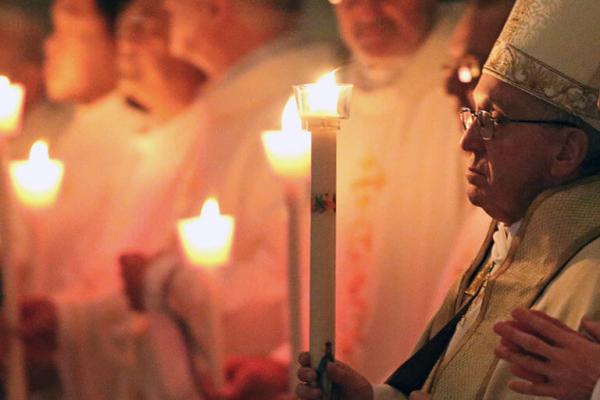Feb 2, 2017
Pope Francis called for greater compassion for refugees and marginalized people less than a week after President Trump ordered a temporary immigration ban from seven predominantly Muslim countries.
Read the Full Article

Already a subscriber? Login
